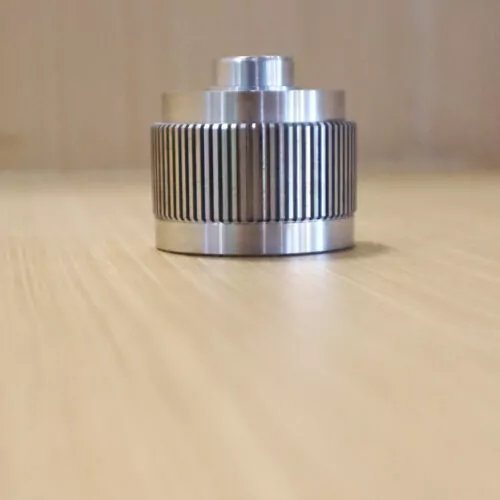The Evolution of Precision Machining Companies: How Technology is Shaping the Industry
Technology has revolutionized the precision machining industry, transforming the way companies operate and pushing the boundaries of what is possible. In this article, we will explore the various ways in which technology has shaped the evolution of precision machining companies, paving the way for innovation and efficiency.

Automation: Streamlining Processes and Enhancing Efficiency
One of the most significant advancements in precision machining is the integration of automation into manufacturing processes. Automation has revolutionized the industry by streamlining processes and enhancing efficiency. With the use of computer numerical control (CNC) machines, precision machining companies can now automate tasks that were previously done manually.
By automating processes, companies can achieve higher levels of precision and accuracy, reducing the margin of error. This not only improves the quality of the final product but also increases productivity and reduces costs. For example, CNC machines can perform complex operations with minimal human intervention, resulting in faster production times and reduced labor costs.
The Role of Robotics in Precision Machining
Another technological advancement that has shaped the precision machining industry is the integration of robotics. Robots are now being used in precision machining companies to perform tasks that are repetitive, dangerous, or require a high level of precision.
Robots can work alongside human operators, assisting them in tasks such as material handling, part inspection, and assembly. This collaboration between humans and robots not only improves efficiency but also enhances workplace safety by reducing the risk of accidents and injuries.
Advanced Materials and Cutting Tools
Technology has also played a crucial role in the development of advanced materials and cutting tools used in precision machining. These advancements have expanded the capabilities of precision machining companies, allowing them to work with a wider range of materials and achieve higher levels of precision.
For example, the development of new materials such as titanium alloys and composites has opened up new possibilities in industries such as aerospace and medical devices. Precision machining companies can now manufacture complex components with intricate geometries using these advanced materials.
In addition to advanced materials, cutting tools have also undergone significant advancements. High-speed steel (HSS) and carbide cutting tools have replaced traditional tools, offering higher cutting speeds and longer tool life. This not only improves productivity but also reduces costs by minimizing tool changes and increasing machining efficiency.
The Future of Precision Machining Companies
The evolution of precision machining companies is far from over. As technology continues to advance, we can expect further innovations that will shape the industry in the future.
One area of development is the integration of artificial intelligence (AI) and machine learning into precision machining processes. AI algorithms can analyze vast amounts of data to optimize machining parameters, predict tool wear, and detect anomalies in real-time. This will further enhance efficiency, reduce downtime, and improve overall productivity.
Another area of focus is additive manufacturing, also known as 3D printing. While still in its early stages, 3D printing has the potential to revolutionize the precision machining industry by enabling the production of complex parts with reduced material waste and shorter lead times.
In conclusion, the evolution of precision machining companies has been driven by advancements in technology. Automation, robotics, advanced materials, and cutting tools have all played a significant role in shaping the industry. As we look to the future, the integration of AI and additive manufacturing holds great promise for further advancements in precision machining.
References
- Education
- Course
- Books
- Drawing
- Question
- Film
- Fitness
- Food
- Games
- Gardening
- Health
- Home
- Literature
- Music
- Networking
- Other
- Programming
- Religion
- Shopping
- Sports
- Curriculm
- Wellness


